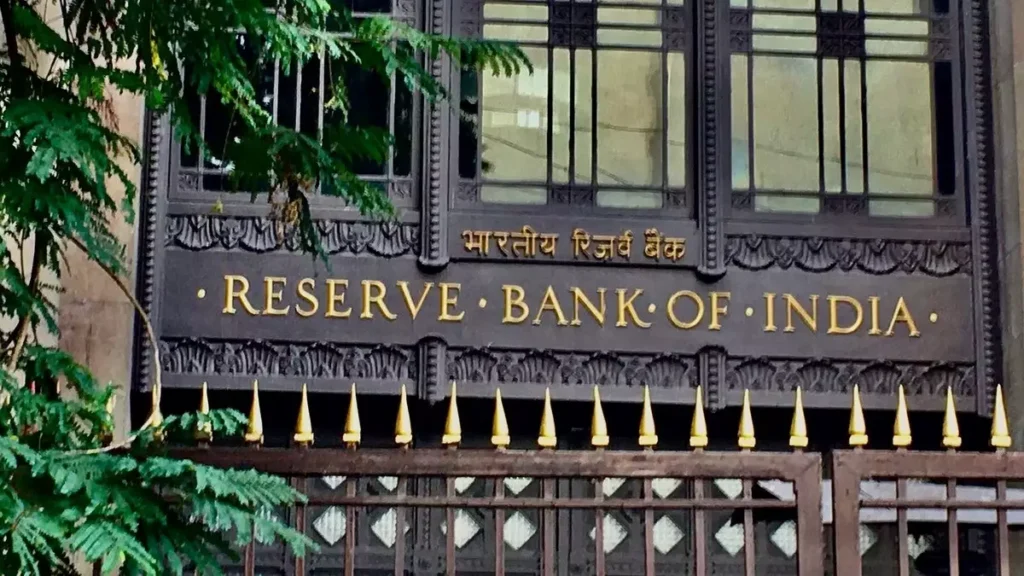The Reserve Bank of India (RBI) has recently instructed Urban Cooperative Banks (UCBs) to cease the practice of establishing Dividend Equalisation Funds (DEF) for future dividend payments.
- This directive aims to align UCB practices with regulatory capital requirements and prevent misuse of accumulated profits and reserves.
About Dividend Equalisation Fund:
- DEFs were created by UCBs through the appropriation of profits, to use these balances to pay dividends in future years when profits are insufficient or when the bank reports a net loss.
- RBI rules prohibit paying dividends from previously accumulated profits or reserves.
- RBI has allowed UCBs to transfer DEF balances to general reserves or free reserves.
- Credit balances in these reserves will qualify as Tier-I capital for regulatory purposes.
Ref: Source
| UPSC IAS Preparation Resources | |
| Current Affairs Analysis | Topperspedia |
| GS Shots | Simply Explained |
| Daily Flash Cards | Daily Quiz |
Frequently Asked Question:
Why has RBI instructed UCBs to cease establishing Dividend Equalisation Funds?
RBI aims to align UCB practices with regulatory capital requirements and prevent misuse of profits and reserves.
What were Dividend Equalisation Funds used for by UCBs?
UCBs used DEFs to pay dividends in future years when profits were insufficient or when the bank reported a net loss.
Can UCBs transfer DEF balances to other reserves?
Yes, RBI has allowed UCBs to transfer DEF balances to general reserves or free reserves.
How will the credit balances in these reserves qualify under RBI rules?
Credit balances in these reserves will qualify as Tier-I capital for regulatory purposes.
What does RBI prohibit when it comes to paying dividends?
RBI prohibits paying dividends from previously accumulated profits or reserves.



